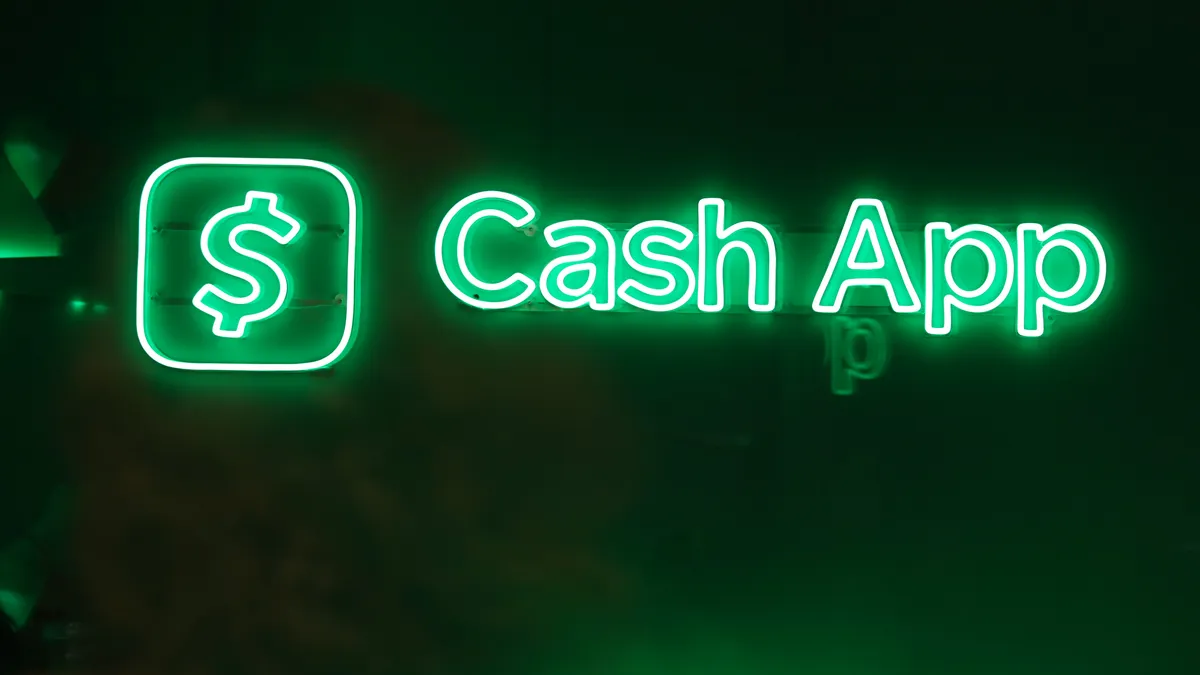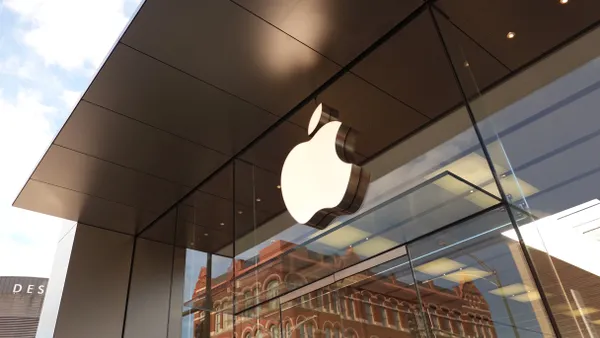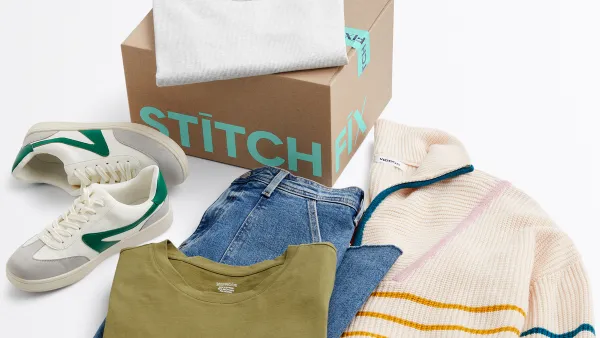Digital payments company Block will use its Afterpay buy now, pay later financing option as a “carrot” to lead customers to sign up for its Cash App debit card, one of the firm’s executives said last week.
“The BNPL functionality on the Cash App card aims to attract more users,” Owen Jennings, Block’s business lead, said during a presentation at a UBS conference in Scottsdale, Arizona on Dec. 3.
Cash App users skew toward the unbanked and underbanked, he said, and the application draws customers by giving them financial services which have historically been offered by traditional financial institutions.
Once consumers sign up for Cash App, the company can attempt them to sell users additional Block products like short-term loans or direct deposit, Jennings said. “The Cash App card is kind of like a gateway for us,” he said during the presentation.
Oakland, California-based Block agreed in 2021 to pay $29 billion to acquire Afterpay and said it had completed the acquisition in January the following year. Since then, the company hasn’t been very public about how the unit is operating.
The addition of Afterpay to all 24 million Cash App cards was announced by Block Chief Financial Officer Amrita Ahuja during a November earnings call, although she did not say when that would happen.
Block began integrating Afterpay onto the Cash App card earlier this year, company head Jack Dorsey said during a May earnings call. He said at that time that the service would be available to a limited number of users for “a small fee.”
Cash App now has 57 million active users, Jennings told the audience during his presentation.
A Block spokesperson declined to comment on the timing of Afterpay’s addition to Cash App, but pointed to a Nov. 7 letter to shareholders that discusses Afterpay on the Cash App card but does not provide a timeline.
“Our customers tend to skew lower-income versus the U.S. population,” Jennings said at the presentation. “They tend to skew non-white and they tend to skew younger.” People in those demographics are less likely to use banks, he said.
Services that Block offers, such as peer-to-peer payments, loans, and the Cash App are designed to cater to those who are “not fully served by the traditional financial system,” Jennings said.
Block is planning a marketing push to increase awareness of options like direct deposit for Cash App users, Owens said in the presentation. The campaign will include messages sent to Cash App customers via email, SMS text messaging and push notifications, he said, although he provided few other details.
Block is under federal investigation for allegedly letting criminals launder money through Cash App and allowing terrorists to move money with crypto-currencies, according to a February report from NBC News, based on documents provided by two whistleblowers.
Dorsey, however, dismissed the notion of an investigation in the May earnings call. The Block spokesperson did not immediately respond to a request for comment on the status of the investigation.
Meanwhile, analysts are upbeat about the addition of a buy now, pay later option to the Cash App card. Use of the app will grow as Block leverages services like direct deposit and BNPL to bring in more customers, William Blair analysts wrote in a Dec. 10 note to investors.
“Our view is that Cash App is poorly understood and is accordingly undervalued,” the analysts wrote. But additions like Afterpay “should power better monetization.”















